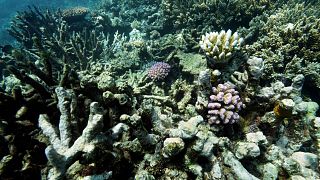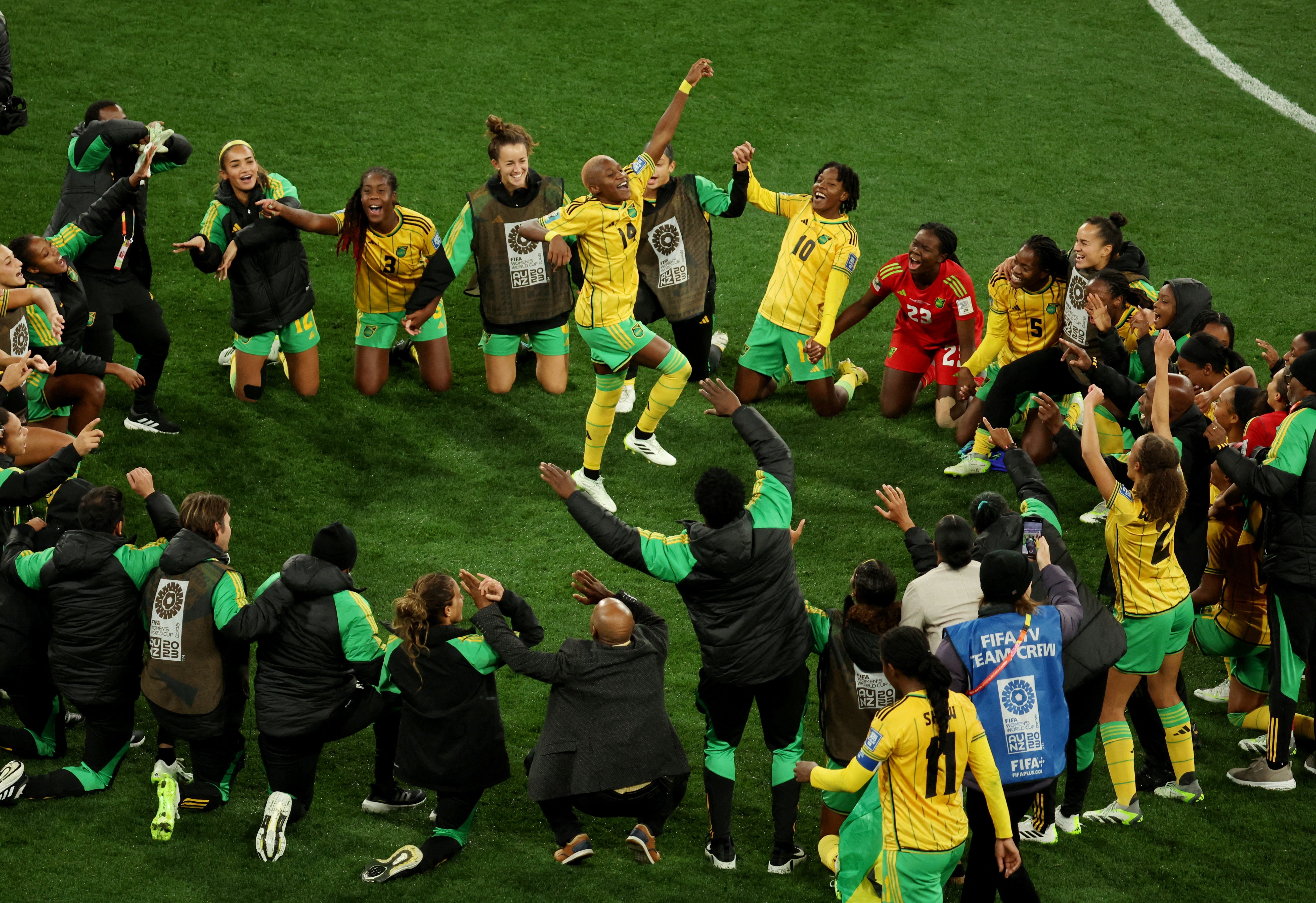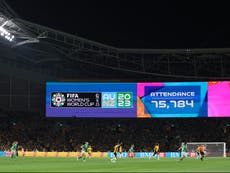Pope Francis lashes out at Portugal’s Catholic hierarchy for ignoring clergy sexual abuse
The pope said that ignoring the clergy sexual abuse scandal for so long marred the Catholic Church and drove people away from it.
Pope Francis blasted members of Portugal's Catholic hierarchy for ignoring the country's clergy sexual abuse for so long, a reaction that he said drove people away from the Catholic Church and marred its reputation.
Talking in his native Spanish, Pope Francis acknowledged that many clergy and nuns are feeling weary because people are losing faith. "It is often accentuated by the disappointment and anger with which some people view the church, at times due to our poor witness and the scandals that have marred her face and called us to a humble and ongoing purification, starting with the anguished cry of the victims, who must always be accepted and listened to," he said, referring to Portugal's sexual abuse scandal.
On Thursday, the first day of a five-day visit to Lisbon for the Catholic Church's World Youth Day festival, the pope also met with 13 survivors of sexual abuse, with whom he talked for over an hour.
The meeting was aimed at trying to help members of the church in Portugal, as well as the faithful, overcome the difficult moment they're now facing as the country comes to terms with the same legacy of abuse and cover-up which has recently been revealed in other European countries.
In February, a panel of experts hired by Portugal's bishops reported that priests and other church personnel may have abused at least 4,815 of boys and girls since 1950. The report revealed the problem of child sex abuse within the church to be much bigger than previously suggested when bishops tried to minimise it saying there were only a handful of cases.
After the release of the report, Portugal's bishops initially refused to remove abusers from ministry and said they would only compensate victims if courts ordered them to.
Following the Pope's comments earlier in the day, Bishop Jose Ornelas, the head of the Portuguese Bishops' Conference, said that the country's church will devote "special attention to the protection of the welfare of children and the undertaking to protect them from all kinds of abuse."
Portugal's bishops are committed to "putting the victims first," and "working together" with victims on reparations and their recovery, a statement after the conference said.
António Grosso of "Coração Silenciado" (literally, "Silenced Heart") -- the only association for victims of Church abuse in Portugal -- told the Spanish news agency EFE that the Pope "had an obligation" to talk about the scandal to "warn the world youth who are present in Lisbon not to allow themselves to be manipulated by abusers within the Church, but to denounce them."
.png)


















